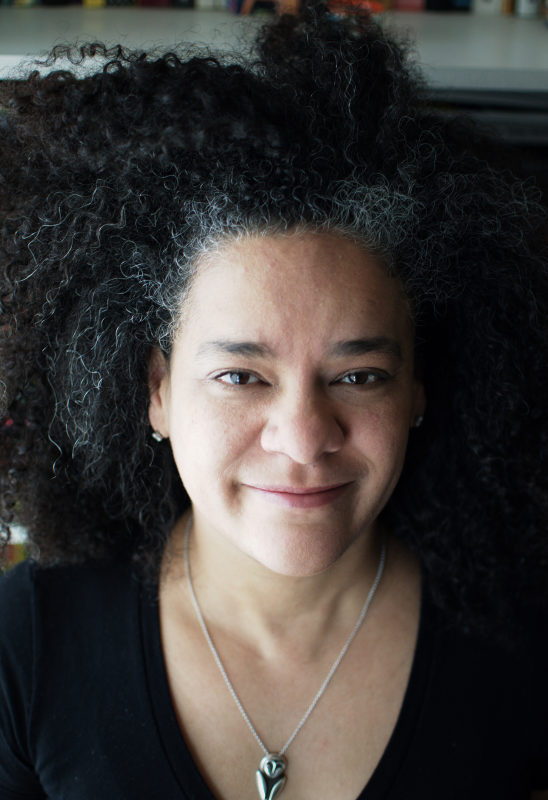History in the Making
The Introduction of a BA Minor/General in Black Studies
In addition to looking back into history this month, scholars in the Faculty of Arts and Science are looking forward to developing a new BA Minor/General in Black Studies with a target launch date of fall 2021. Katherine McKittrick, one of the key players in its development and a Professor in the Gender Studies Department, explains the main driving forces behind this exciting initiative and gives more insight into its benefits for students, the Faculty of Arts and Science, and the university as a whole.

Department of Gender Studies Professor Katherine McKittrick.
The Minor in Black Studies will create cohesion between existing black studies courses offered in Arts and Science. These include courses related to Caribbean political economies, water politics in Southern Africa, black sound studies, African American history, black feminist thought, black geographies, and more. As McKittrick explains, “The diverse course offerings will provide students with rigorous interdisciplinary scholarship that uncovers the complexities of race and belonging, while also giving them tools to theorize oppression and resistance.” This Minor in Black Studies has the potential to open fields of study, by introducing Black Studies as an interdisciplinary minor to both black and non-black scholars, stimulating cross-faculty conversations and engagement.
The creation of this program dates back to 2015, with an event entitled: “Shaping the Future of Black Scholarship,” when black alumni, faculty, students and staff gathered to discuss ways in which infrastructural and administrative support could be furthered to foster a welcoming environment for black scholars at the university. Ideas included the introduction of a Minor in Black Studies, a Chair in Black Studies, more undergraduate and graduate scholarships, new faculty hires, and curriculum changes. The creation of this program is a direct result of these early conversations amongst passionate black scholars and activists.
This program was also inspired by the work of student activists resisting racism and other forms of discrimination on campus as well as by historical black scholars like Robert Sutherland, the ground-breaking work that began in the USA in the 1960s, and by the black studies courses, interdisciplinary programs, and certificate offerings at other notable universities, including: York University, Dalhousie University, and Nottingham University.
The development of the Black Studies Minor is an example of the Faculty of Arts and Science Strategic Plan guiding principle of equity, diversity and inclusion and its strategic priority of enriching the student experience through diversifying its curriculum, increasing access to interdisciplinary programs, and offering programs that engage intellectual curiosity within and beyond Western knowledge frameworks. The Black Studies Minor is a project that is born of students, faculty, staff and community members who are interested in sustaining and developing intellectual conversations about liberation, abolition and anti-colonialism. Black Studies at Queen’s has brought staff, students, faculty, and community into conversation with one another, sharing ideas and building a base for a more ethical future – a trend it hopes to continue. McKittrick is excited to see this vision taking shape, “This is the world I teach and reach for, and it is the world I want to live in. So, students will benefit from the books (the scholarship, the workshops, the research, the conversations, the debates) and the work (building new worlds and our collective well-being across racial identifications) — all of which will take place across within the university, across departments and faculties, and in Kingston.”

